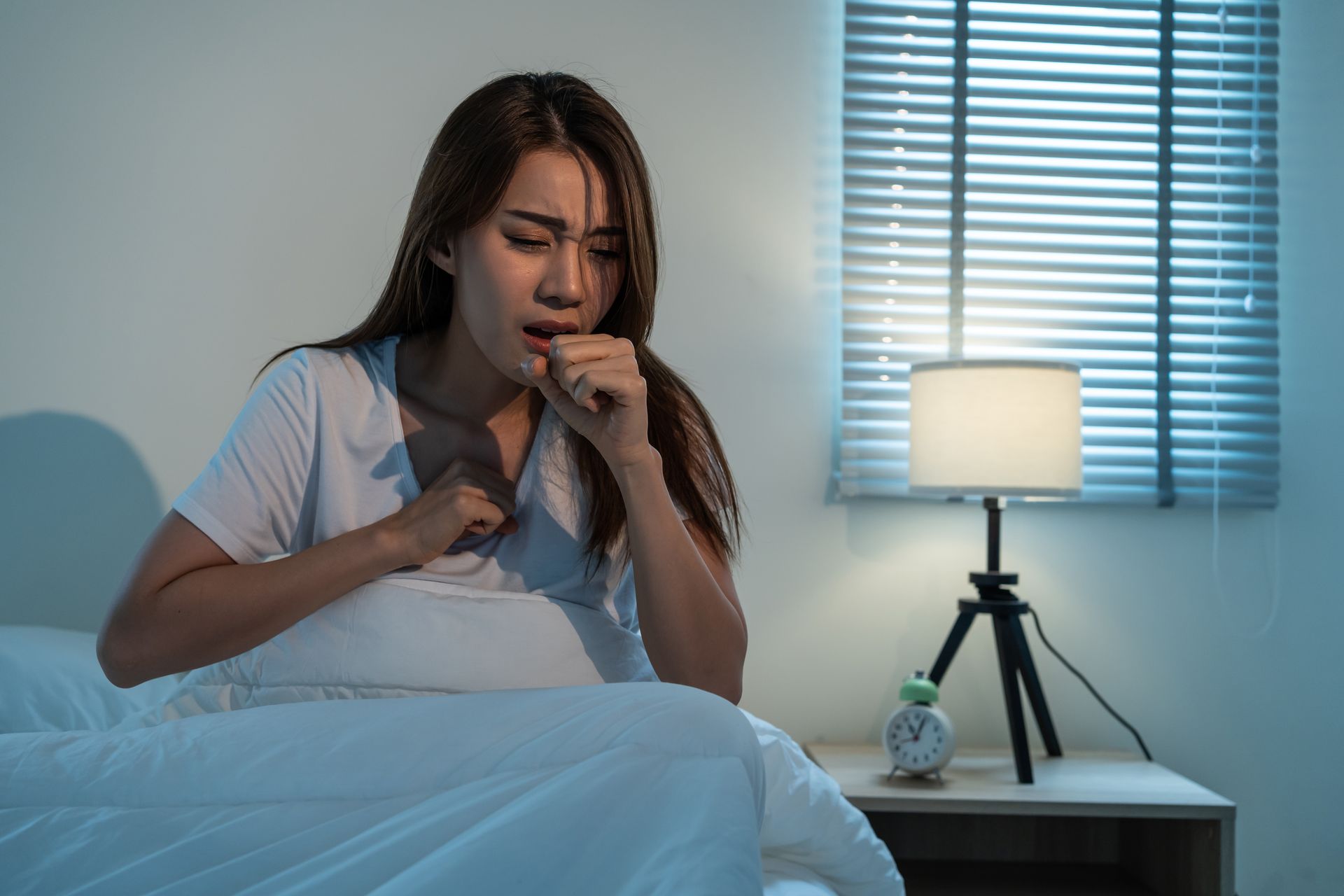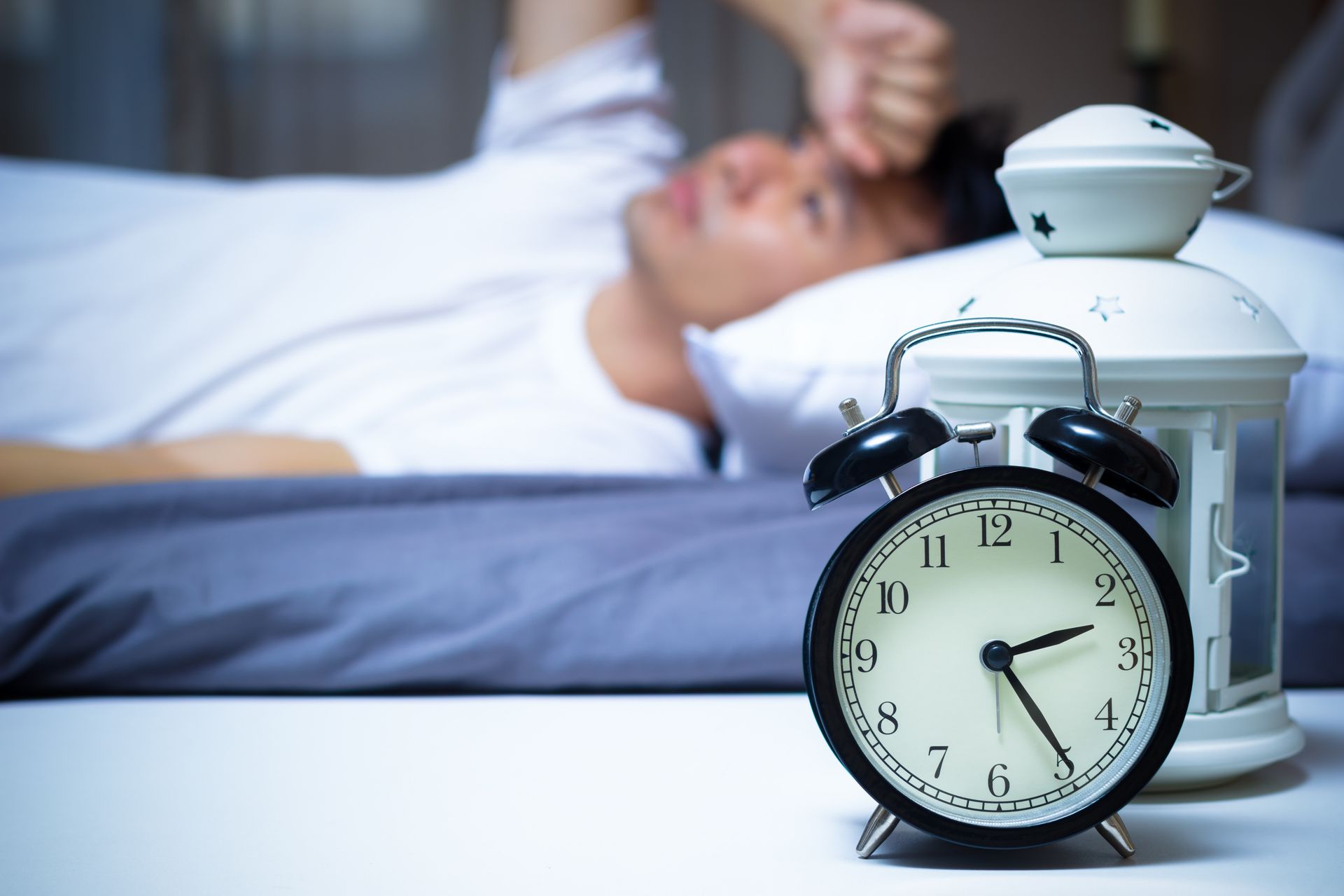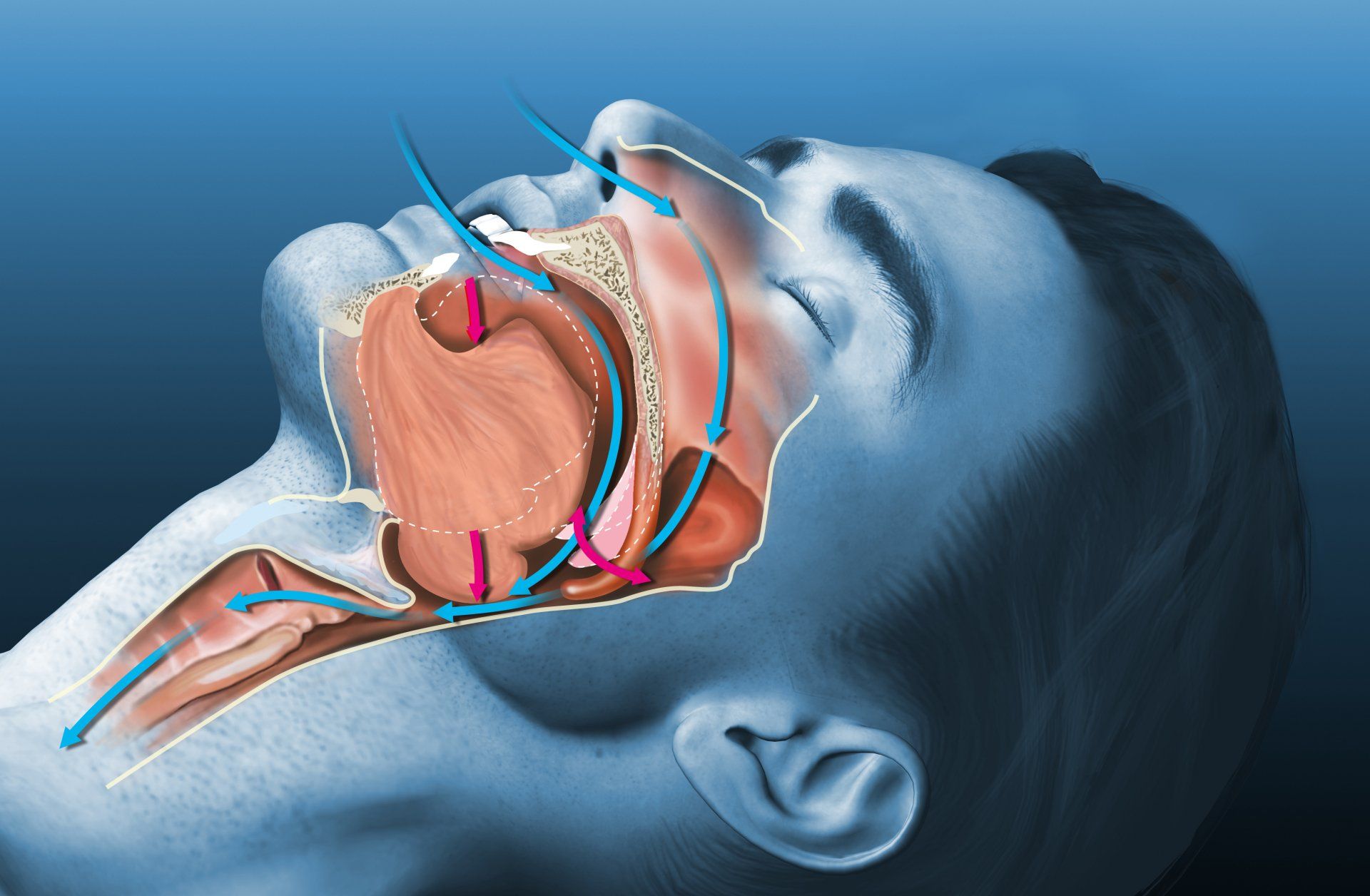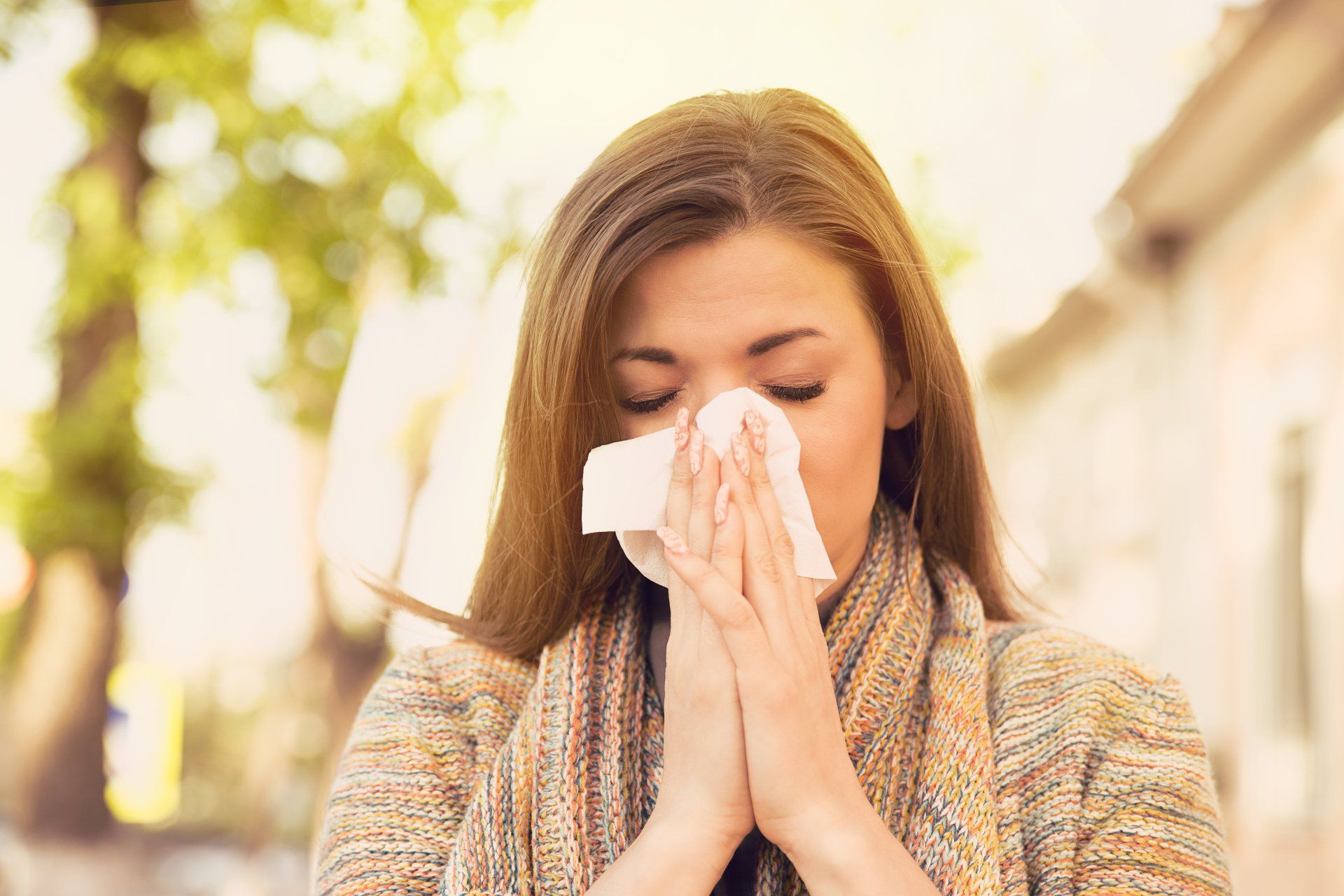10 Ways to Create a Healthier Sleep Schedule
On average, how many hours do you sleep at night? While it has been long established that getting seven to eight hours of sleep is required to let your body rest, following this on a daily basis is easier said than done.
In a 2022 YouGov survey on sleep, it was found that only a quarter of people in Singapore get the ideal 7 hours or more of sleep.
Maybe you stay up too late binge-watching your favourite shows. Maybe you can’t find a comfortable position to let your mind drift off for the night. Whatever the reason, poor sleep habits can seriously impact your health and well-being.
There are steps you can take, though, to improve the quality of your sleep. We share 10 in this article. To better understand how these steps work, though, you first need to understand the importance of a bedtime habit.
What is a bedtime habit and why is it important?
Like brushing your teeth, changing into your pyjamas, reading a book, or meditating before bed? If you do, this is part of your bedtime habit or routine. It is a set of behaviours that a person follows before going to bed. This helps prepare your body for sleep, signalling to your brain that it's time to wind down and relax.
When you follow a set routine before bed, your brain starts associating these actions with sleep, making it easier to fall asleep. This is why having a bedtime routine is essential.
Moreover, a bedtime routine can help regulate your body's internal clock, making it easier to sleep and wake up on schedule every day. Our bodies are wired to follow a daily rhythm, commonly known as a circadian rhythm. It regulates when we feel sleepy and when we feel awake.
In contrast, if you don't have a consistent bedtime habit, you may find falling or staying asleep through the night more difficult. This can lead to daytime fatigue, difficulty concentrating, and other negative health consequences.
How to create a healthier sleep schedule?
Now that you know the importance of establishing a sleep habit, it’s time to schedule behaviors that help you form a routine. Here are 10 tips for that.
Stick to a consistent sleep pattern
Try to go to bed and wake up at the same time every day. It might be hard to resist staying up late on a weekend when there is no work the next day. Nevertheless, even ensuring that the discrepancy between the time you sleep on a work day and a weekend isn’t too great can make a difference. It will help regulate your body's internal clock, making it easier to fall asleep and wake up naturally.
Avoid caffeine and nicotine
Calling all coffee lovers and smokers! Bad news: caffeine and nicotine are stimulants that interfere with sleep. Nicotine increases your heart rate, blood pressure and adrenaline level, and caffeine increases your alertness and energy level. By consuming either, you will find it harder to fall asleep. Avoid consuming them, especially in the hours leading to bedtime.
Avoid alcohol and heavy meals
While alcohol may initially help you feel drowsy, it can interfere with your overall quality of sleep, leading to disrupted or fragmented sleep patterns. This means you will wake up feeling less rested.
Eating a heavy meal close to bedtime, as your body is busy digesting food, can also disrupt your sleep. The discomfort or indigestion you feel can wake you up or keep you awake.
Exercise regularly
Exercise is a natural stress reliever that releases endorphins and improves your well-being. This decreases your anxiety level and helps you fall asleep more easily.
In addition, exercise can increase your sleep quality by regulating the sleep-wake cycle, meaning it makes it easier for someone to fall asleep at night and wake up in the morning at the same time daily. One point to note though- try to avoid heavy exercise immediately before sleeping.
Create a sleep-conducive environment
Make sure your bedroom is quiet, cool and dark. Consider investing in blackout curtains and a comfortable mattress and pillow. If you live in a noisy neighbourhood, use a white noise machine or app to block out the noise.
Avoid clock-watching
Have you ever spent the night wondering if it is morning and checking the clock repeatedly? This can make you anxious and get in the way of sleep. Consider removing the clock from your bedroom or turning it away from you.
Use your bed only for sleep
When you use your bed for other activities, such as working, watching the television and browsing the Internet, your brain associates them with your bed. This interferes with the association you should form solely between your bed and sleep.
Avoid electronics before bed
Most electronic devices emit blue light, which can suppress the production of the sleep hormone melatonin. This can make it harder to fall asleep and interfere with your body's natural sleep-wake cycle. Additionally, scrolling through social media or playing video games before bed stimulates your brain to stay alert and awake.
Avoid napping
While napping can be beneficial, too much of it can interfere with your ability to fall asleep at night. If you nap, keep it short (20–30 minutes) and avoid napping late in the day and in the evening.
Manage stress
Stress and anxiety can interfere with sleep. Practise relaxation techniques like deep breathing, meditation or yoga to keep yourself relaxed, particularly after dealing with a difficult situation.
Looking for a sleep clinic in Singapore? Get specialist care at Respiratory Medical Associates.
Getting a good night’s rest is crucial to having a productive day. If you have tried the 10 tips above but to no avail, maybe it is time to
consult a sleep specialist.
At Respiratory Medical Associates, we can help you diagnose
sleep apnea and any other underlying conditions that are disrupting your sleep.
Contact us today for a consultation!















